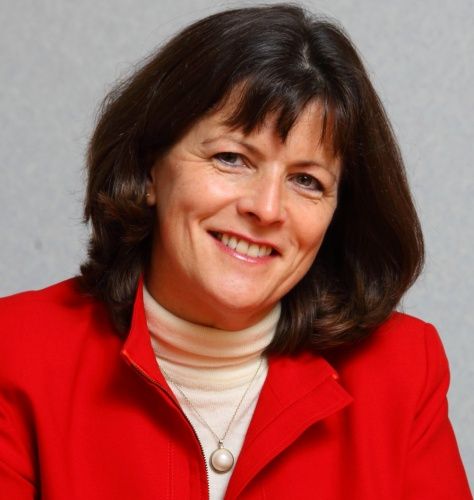
This has been one of the busiest starts to any year in the mortgage market. The combination of pent-up demand and government stimulus has created a perfect storm for buyer interest.
Recent research by the National Association of Estate Agents found that buyers outnumbered suitable properties by 16 to one.
Ultimately, we should welcome this demand. It has helped to prevent the housing market from stalling and made it a driving force behind the UK’s economic recovery from the pandemic — something it has always had the power to do.
This will have far-reaching benefits but, for those in the mortgage sector, things feel rather challenging. Lenders and advisers have battled through Covid disruption only to continue working around the clock to ensure many thousands can progress their applications.
The market looks set to remain buoyant for the rest of this year and into 2022. Imla’s ‘New Normal’ report predicted £283bn in gross mortgage lending in 2021 and, if demand continues at current rates, that figure could be exceeded. Add to this that more than 700,000 fixed-term residential mortgages will mature this year and there is a sizeable opportunity for intermediaries in the refinance market.
Breaking the cycle of picking up the phone as the first option will ultimately help everyone
It is not surprising that brokers feel more confident about what may lie ahead. Imla’s Q1 2021 Mortgage Market Tracker found that confidence in the mortgage industry had returned to levels not seen since before the start of the pandemic, with 96% of intermediaries now confident about its future.
Mortgage advice too has never been so important. In addition to meeting the current lively demand, intermediaries and lenders are likely to find themselves increasingly advising buyers and existing owners whose financial circumstances have been made more complicated as a result of the pandemic.
There is a wide range of lenders offering many options for borrowers in this situation, but it often takes the reassurance of an adviser to help borrowers understand the possibilities.
Coping with demand
We need to ensure that the market is well placed to serve this demand in an effective way, which means we cannot all continue to work flat out, week after week. We are just about keeping up, and that is not sustainable.
We need to work smarter to make the best use of resources, both human and digital. Close collaboration between lenders and advisers will help to avoid further operational congestion and ensure a smooth transition back to the workplace where appropriate.
Lenders continually update the information available to brokers to keep them informed about criteria changes and new products. Smart use of technology can facilitate this and, by making best use of online sourcing and tracking systems, brokers need not spend time waiting on the phone for case updates. Instead, they can access the answers they need in just a few clicks.
Maximising the use of tech support will become increasingly important as we emerge from enforced home working. General expectations are that some people who used to work in an office will return to that environment, while others will implement a new hybrid working model.
Changing BDM role
The role of business development managers (BDMs) is also likely to shift: some will return to in-person meetings but there may be more of a mix between these and remote/virtual contact, which may call for a slightly different working relationship with intermediaries.
Where an immediate case update is needed, brokers may find that the fastest response can be obtained from the array of digital, webchat and alternative telephone support options available, allowing BDMs to be more proactive with their support. Breaking the cycle of picking up the phone as the first option will ultimately help everyone.
We cannot all keep working flat out, week after week
We’ve all relied heavily on tech during the pandemic. In some cases it’s been a revelation that we can still function so effectively without stepping outside. Of course, there is a place for human contact and building relationships with colleagues and clients. But our enhanced confidence in what we can do online should help intermediaries and lenders to become even more efficient and offer an increasingly high-quality service by making the best use of the systems available.
Sustainability is about trusting the systems and technology to do the basics, freeing up resources (both broker and lender) to concentrate on delivering pro-active and value-adding support.
Kate Davies is executive director of the Intermediary Mortgage Lenders Association



